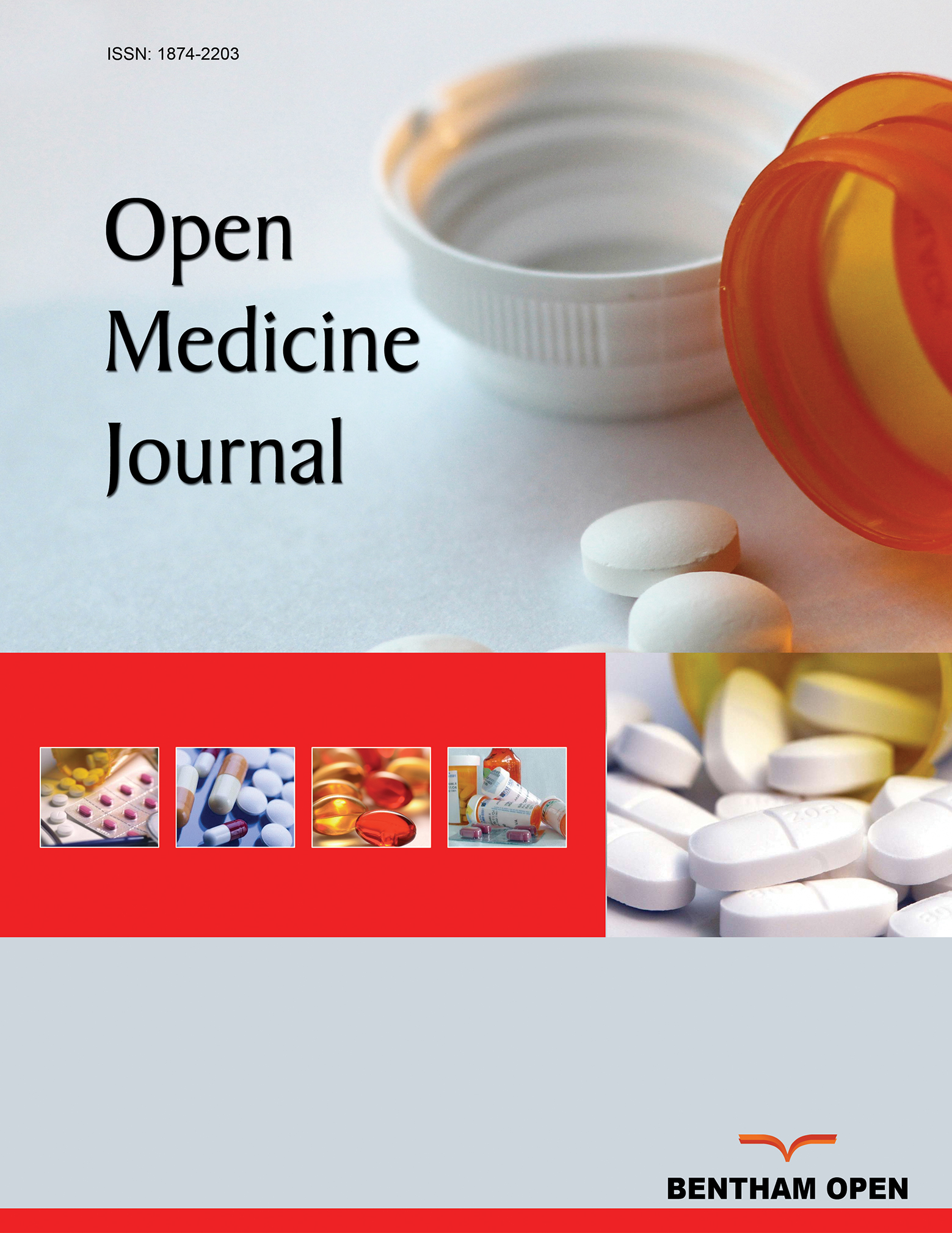All published articles of this journal are available on ScienceDirect.
The Importance of the Time that Elapses Before Spontaneous Circulation is Established Following an Out-of-Hospital Cardiac Arrest
Abstract
Objective:
In order to clarify indications for therapeutic hypothermia, we retrospectively examined patients resuscitated after Out-of-Hospital Cardiac Arrest (OHCA) who recorded an Auditory Brainstem Response (ABR) wave V according to the Utstein-style guidelines.
Methods:
Patients who recorded an ABR wave V immediately after resuscitation from OHCA were kept at 34 °C for 48 hours. The cohort was divided into two groups: A favorable neurological outcome group (F group: N=12) and an unfavorable neurological outcome group (U group: N=14). Favorable neurological outcome was defined as Pittsburgh Cerebral-Performance Scale (CPC) 1 or 2 and unfavorable as CPC 3-5. Data used to compare the groups included whether CA was witnessed, if a bystander initiated cardiopulmonary resuscitation, presence of cardiac etiology, initial cardiac rhythm and elapsed time from emergency call receipt until Return of Spontaneous Circulation (ROSC).
Results:
Elapsed time from receipt of the emergency call until ROSC was significantly shorter in the F group than in the U group. ROC curve analysis indicated that the cut-off duration was 28 minutes for a favorable neurological outcome.
Conclusion:
For OHCA patients with an ABR wave V, elapsed time from receipt of emergency call until ROSC may be an important parameter within the Utstein-style guidelines to determine the usefulness of therapeutic hypothermia.


